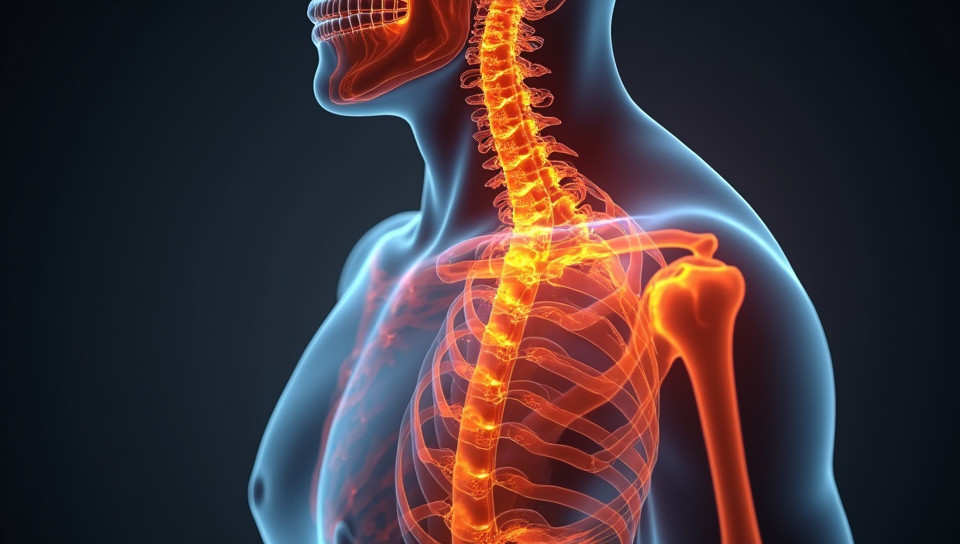A lack of vitamin D increases the risk of osteoporosis 73%

The Hidden Link Between Vitamin D and Osteoporosis
As we age, our bodies undergo a multitude of changes that can affect our overall health and wellbeing. One such change is the increasing risk of osteoporosis, a condition characterized by brittle and porous bones. While there are many factors that contribute to this risk, one often overlooked cause is a lack of vitamin D.
The Importance of Vitamin D
Vitamin D is an essential nutrient that plays a crucial role in maintaining strong bones and teeth. It helps the body absorb calcium, which is necessary for bone growth and development. Without sufficient vitamin D, our bones can become weak and brittle, making us more susceptible to fractures and osteoporosis.
How Lack of Vitamin D Increases Osteoporosis Risk
- A lack of vitamin D can lead to decreased bone density
- Impaired calcium absorption can cause softening of the bones
- Weakened bones are more prone to fractures and breaks
- Vitamin D deficiency has been linked to an increased risk of osteoporosis-related hospitalizations and deaths
The Impact on Our Daily Lives
The consequences of a vitamin D deficiency can be far-reaching, affecting not only our physical health but also our quality of life. Osteoporosis can lead to:
- Reduced mobility and independence
- Chronic pain and discomfort
- Decreased self-esteem and confidence
- Increased risk of falls and injuries
Preventing Vitamin D Deficiency
Fortunately, preventing vitamin D deficiency is relatively simple. Here are some ways to maintain healthy levels of this essential nutrient:
- Spend time outdoors, especially during peak sun hours (10am-4pm)
- Consume vitamin D-rich foods such as fatty fish, egg yolks, and fortified dairy products
- Consider taking a vitamin D supplement if you're unable to get enough from your diet
Conclusion
A lack of vitamin D can have devastating consequences for our bone health. By understanding the importance of this essential nutrient and taking steps to maintain healthy levels, we can significantly reduce our risk of osteoporosis. Whether through lifestyle changes or supplements, it's never too early (or late) to prioritize our bone health and take control of our wellbeing.
- Created by: Jerren Gan
- Created at: Oct. 13, 2024, 1:45 p.m.
- ID: 12415

